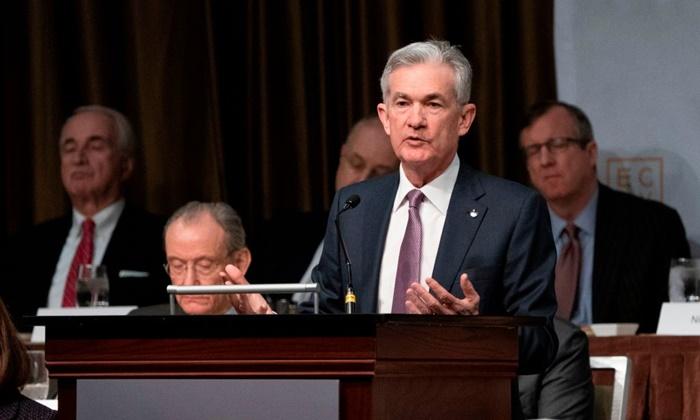When the Fed kick-started the printing press in the wake of the 2008 financial crisis, many monetary hawks predicted hyperinflation in the United States sooner rather than later.
Ironically, inflation has decreased to 56-year lows during the period from 2009 to 2017. During this time U.S. debt almost doubled, with bank money M-2 compounding at 6% from December 2008 to April 2018. The Federal Reserve, desperate to create some “healthy” measure of consumer price inflation and leading economists said they don’t know the answer.



